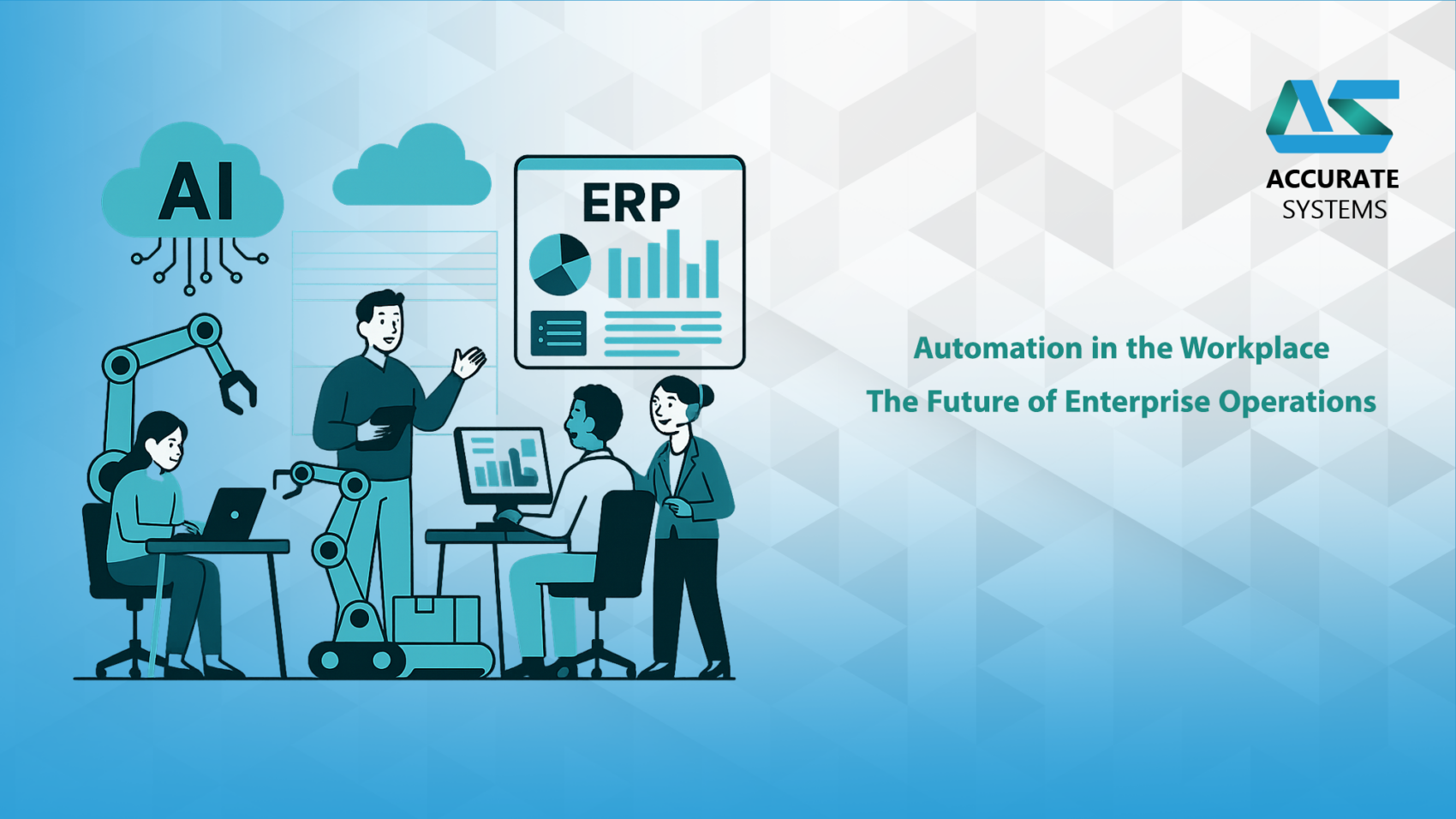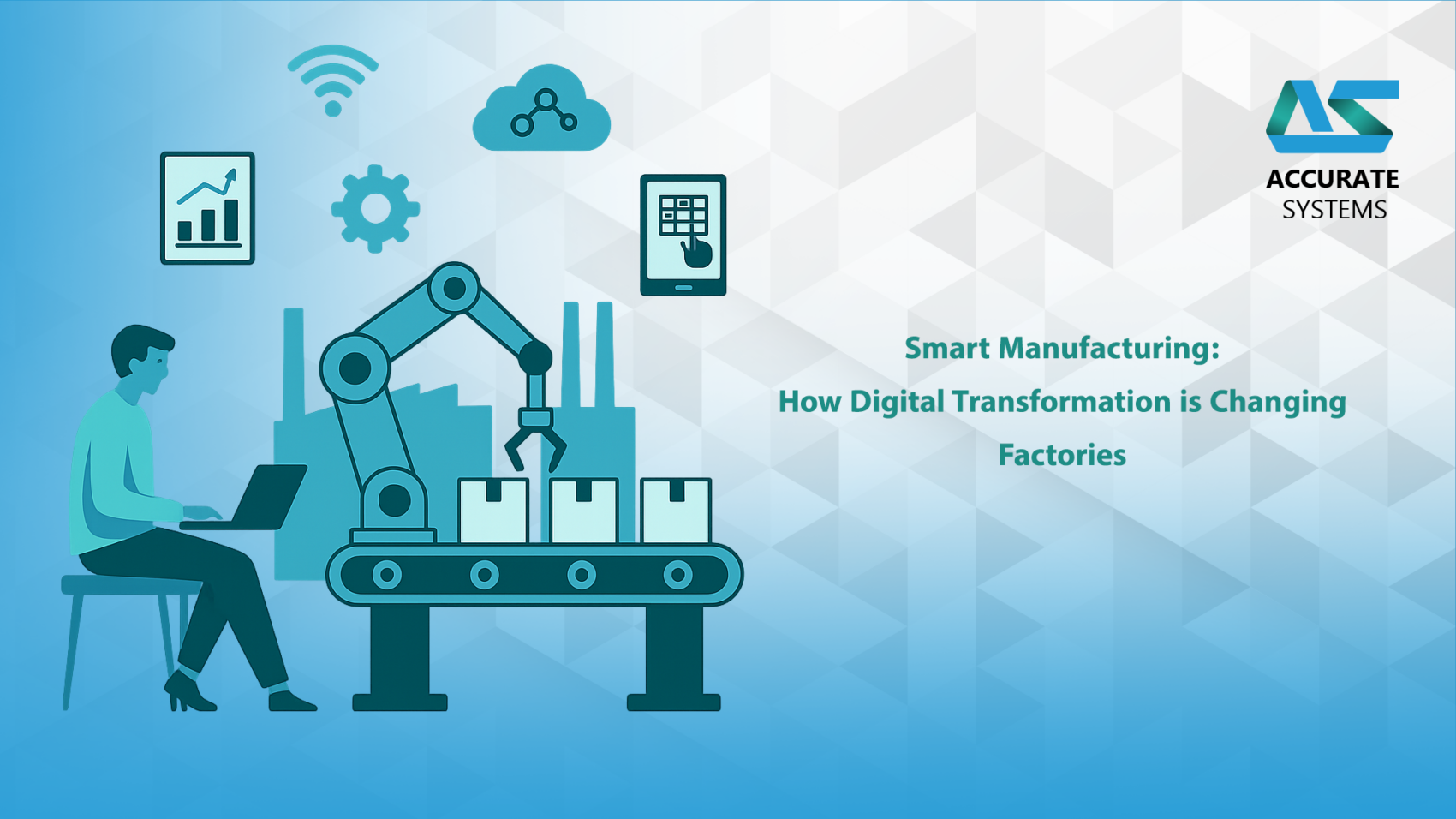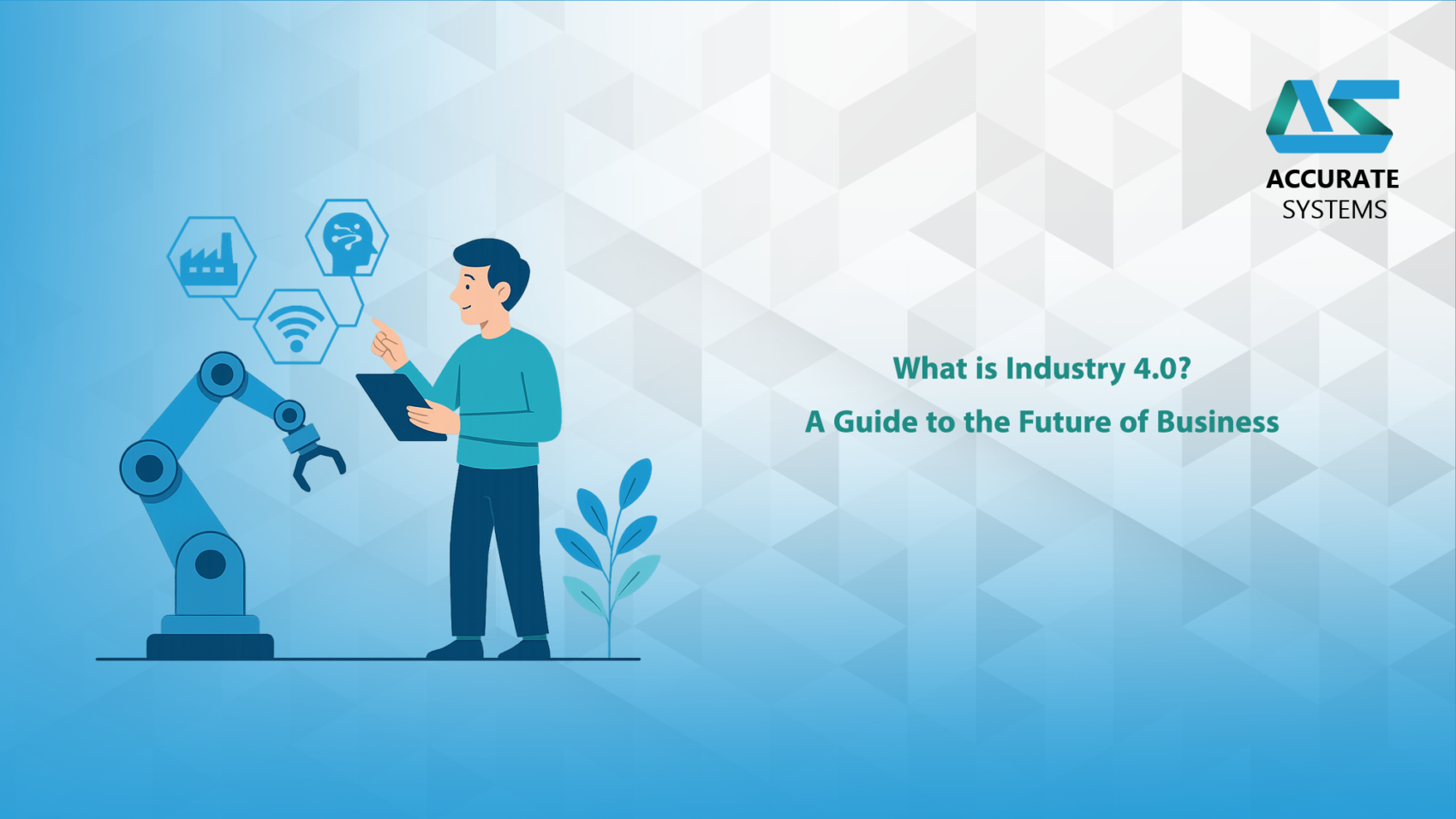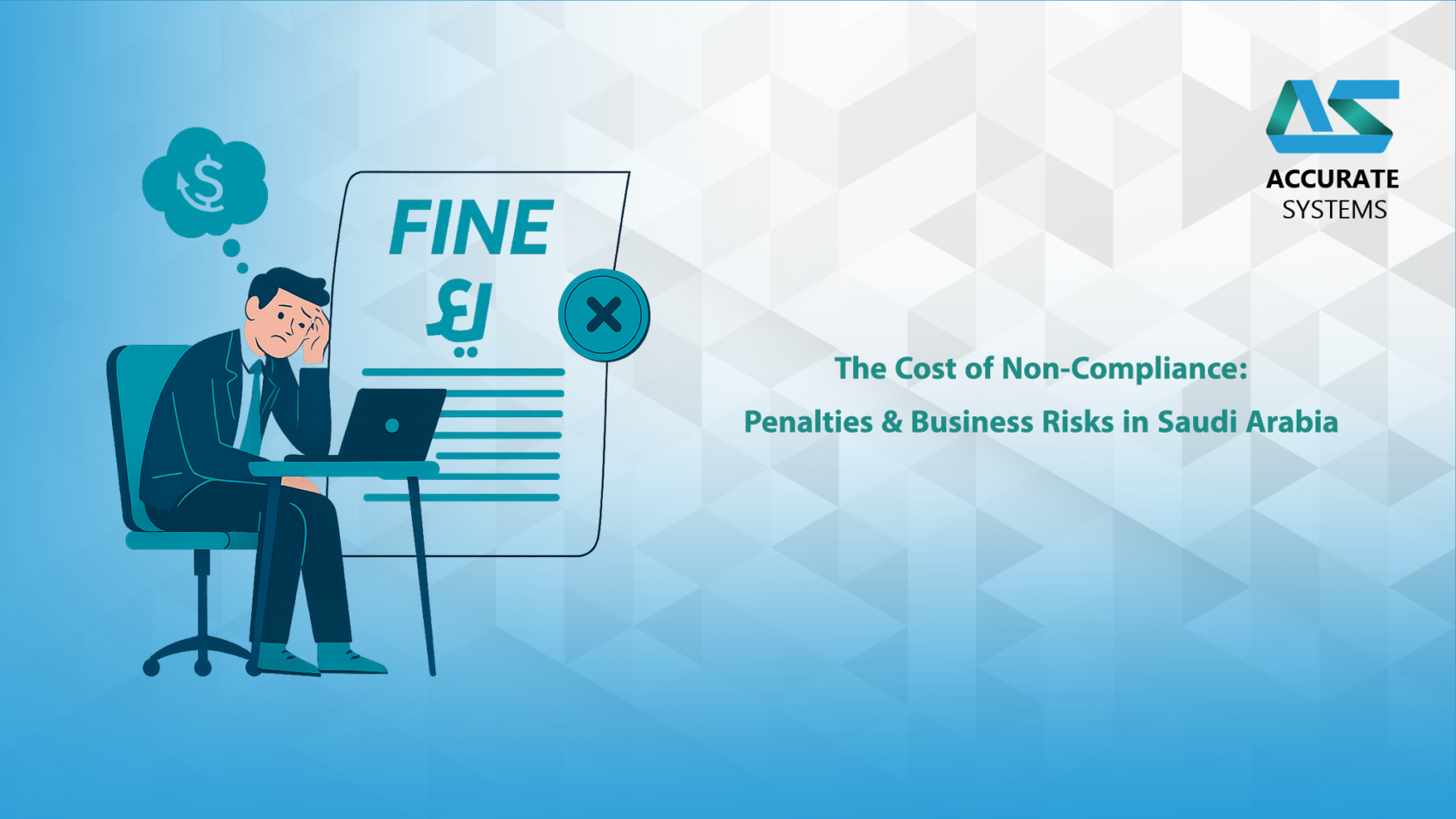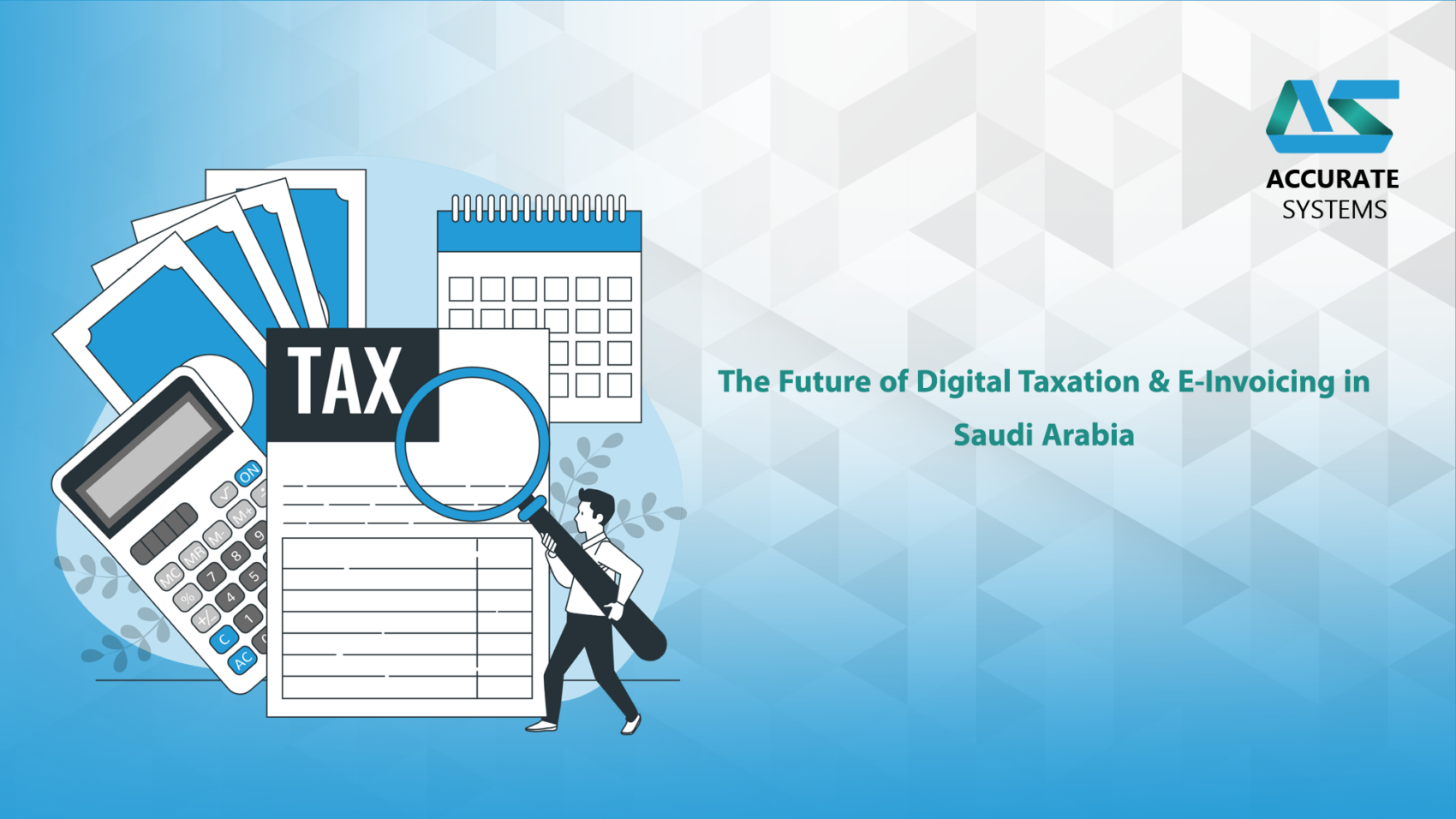What is Workplace Automation?
Workplace automation is the use of technology to perform tasks and processes with minimal human intervention. It enhances operational efficiency by streamlining workflows, reducing errors, and lowering costs. From Robotic Process Automation (RPA) to Artificial Intelligence (AI), modern enterprises are adopting automation to improve scalability and competitiveness.
As digital transformation accelerates, automation becomes essential for organizations aiming to meet evolving customer demands, reduce overhead, and empower employees to focus on higher-value work. It is not about replacing humans—it’s about enhancing their capabilities.
Key Types of Automation Technologies
Several automation technologies are reshaping enterprise operations across industries:
1. Robotic Process Automation (RPA)
Software bots handle rule-based tasks like data entry, invoice processing, and reporting, improving speed and accuracy.
2. Artificial Intelligence (AI) and Machine Learning (ML)
AI and ML enable systems to learn from data, make predictions, and automate decision-making across departments.
3. Business Process Automation (BPA)
BPA automates multi-step workflows such as HR onboarding, procurement, and customer service to improve efficiency.
4. AI-Powered Chatbots and Virtual Assistants
Smart assistants respond to customer queries, assist employees, and automate administrative tasks.
5. Industrial Automation
In manufacturing, automation systems operate machinery with minimal manual input, improving precision and safety.
How Automation Boosts Enterprise Productivity
Automation drives measurable benefits for businesses of all sizes:
- ⏱️ Time Efficiency: Speeds up repetitive and routine tasks.
- 🎯 Accuracy: Reduces human error and ensures process consistency.
- 📈 Scalability: Manages growing workloads without expanding headcount.
- 💰 Cost Savings: Decreases labor costs and operational overhead.
- 📊 Real-Time Insights: Improves decision-making with faster data analysis.
The Role of AI-Powered Chatbots and Assistants
AI chatbots and virtual assistants transform customer engagement and internal support:
Customer Service Automation
Chatbots offer 24/7 responses to inquiries, reduce wait times, and enhance satisfaction.
Employee Support
Virtual assistants help employees schedule meetings, access resources, and resolve IT or HR queries.
Sales and Marketing Support
AI bots qualify leads, deliver personalized campaigns, and support CRM systems.
These tools improve user experience, cut costs, and free up staff for strategic work.
ERP Systems and Workplace Automation
Enterprise Resource Planning (ERP) systems are central to successful automation strategies. Platforms like ERPNext unify business processes, enabling seamless data flow, analytics, and cross-departmental collaboration.
How ERP Enables Automation:
- ✅ Integrated Workflows: Automates finance, HR, supply chain, and sales functions.
- 📦 Inventory and Order Automation: Tracks inventory levels, reorders stock, and processes orders without delays.
- 📊 Automated Reporting: Generates real-time dashboards and compliance reports.
- 🔗 RPA & AI Integration: Enhances ERP functionality with intelligent automation tools.
With ERP solutions, organizations gain a unified view of operations and boost efficiency at scale.
Risks and Solutions in Automation Adoption
1. Job Displacement Concerns
Automation may shift or eliminate roles. Solution: Invest in reskilling and redeploy employees to strategic functions.
2. Resistance to Change
Employees may fear new technologies. Solution: Communicate benefits clearly and involve teams in transformation.
3. Cybersecurity Challenges
Connected systems face increased cyber threats. Solution: Implement robust security protocols, access controls, and data encryption.
4. Data Overload
Excessive data can overwhelm decision-makers. Solution: Use AI-powered analytics to prioritize insights and filter noise.
Conclusion
Workplace automation is reshaping how businesses operate, compete, and grow. By leveraging RPA, AI, ERP systems, and chatbots, organizations can reduce costs, increase efficiency, and empower employees. The key to success is strategic implementation that balances technology with human collaboration.
Businesses that embrace automation and align it with long-term goals will gain a competitive edge in today’s digital economy.
#WorkplaceAutomation #DigitalTransformation #AI #ERP #RPA #Productivity #EnterpriseOperations #SmartBusiness #FutureOfWork

